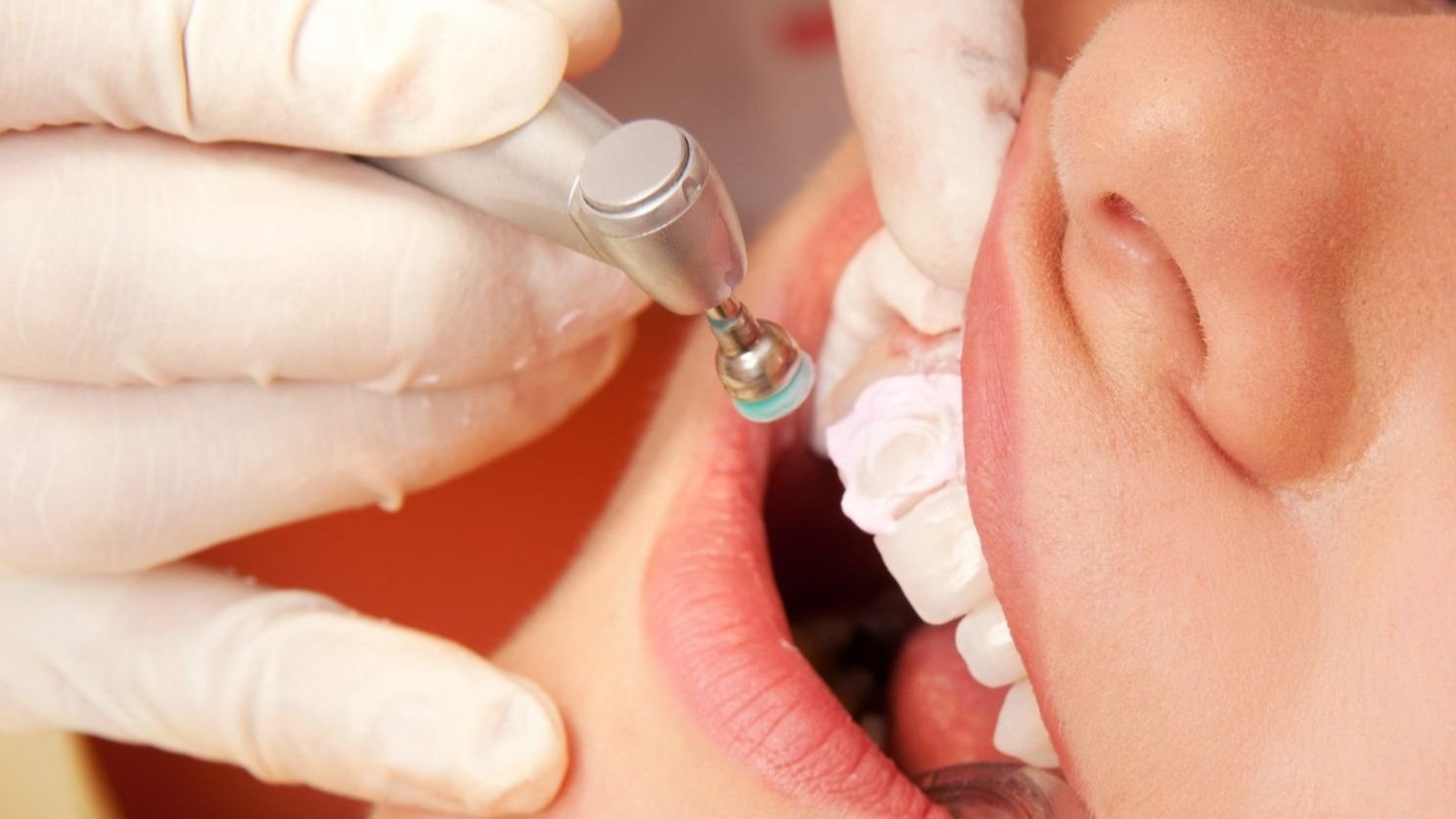A smile is incredibly powerful, it has the ability to influence relationships and has a huge impact on both your mental and physical health. Therefore it is important to keep your mouth healthy and radiant. While we usually focus on the health of our teeth, we must also remember to care for the foundation that supports them – our gums.
Gum disease or periodontal disease as it is also known, is a condition that affects the gums and the tooth’s supporting structures. It develops when plaque accumulates on the teeth due to poor brushing techniques and a lack of interdental cleaning.
The two stages of gum disease -
1. Gingivitis: The early stage of gum disease. The symptoms include inflamed, red, swollen gums and bleeding when brushing or flossing your teeth. With good oral health and regular dental cleans with a hygienist, gingivitis can be reversed.
2. Periodontitis: When gingivitis is left untreated, it leads to periodontitis. The toxins from the build up of calculus trigger the body's immune response and pockets develop around the teeth where the gums peel away. When left untreated the pockets get larger and the infection spreads to the bone. This damage to the bone and supporting structures leads to tooth loss and potentially damages the jawbone.
Risk Factors
Poor Oral Hygiene - The build up of plaque and tartar on your teeth and gums causes irritation to the gum tissues. This irritation causes redness, swelling and often bleeding when brushing.
Pregnancy - Hormonal changes in the body can exaggerate the gum’s response to plaque and tartar. Pregnancy gingivitis is a mild form of gum disease which is easily treated with good oral hygiene, regular flossing and visiting the hygienist.
Smoking - The chemicals in cigarettes irritate the gums and make them more susceptible to the bacteria that cause Gingivitis.
Compromised Immune System - When the body’s immune system is compromised it makes it harder to fight the bacteria in the mouth which can lead to gum disease.
Diabetes - Due to an impaired ability to fight off infections, people with diabetes are often more susceptible to gum disease.
During your hygiene appointment, you will have any plaque/tartar removed, your teeth polished and stains removed, our hygienist will educate you on the most effective cleaning techniques and interdental cleaning.
We recommend visiting the hygienist every 6 months to keep your teeth and gums in tip-top condition.
Our locations -
26 Haywards Rd
Haywards Heath
West Sussex
RH16 4HT
01444 440123
hh@s3dental.co.uk
72 Well Hall Road
Eltham
London
SE9 6SL
0208 850 9836
Eltham@s3dental.co.uk
3 Manor Road North
Hinchley Wood
Esher
Surrey
KT10 0AA
0208 398 6322
HW@s3dental.co.uk


